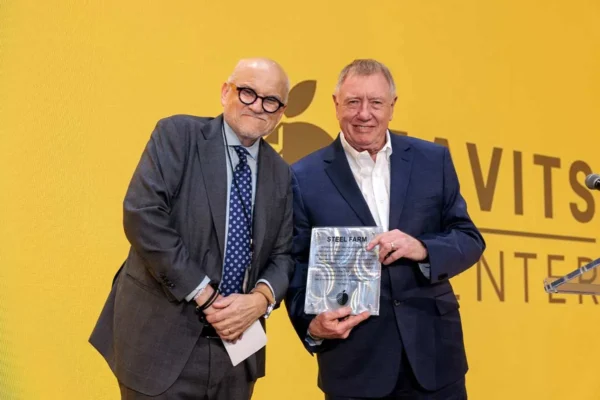Even one of the world’s most successful people can fall prey to the trappings of cultural norms and the subtle differences between a sincere greeting and an insincere insult.
Microsoft founder Bill Gates learned the hard way that a simple handshake isn’t always so simple, especially in another nation. News reports on April 22 show Gates greeting South Korea Pres. Park Geun-hye with a handshake while keeping his left hand in his pocket. Gates was in South Korea to address the National Assembly regarding the Bill & Melinda Gates Foundation, which is a charitable organization tasked with improving health care and education around the globe. But his informal greeting with South Korea’s president created frowns rather than smiles.
“Perhaps it was his all-American style, but an open jacket with hand in pocket? That was way too casual. It was very regretful,” said Chung Jin-suk, secretary general at the Korean National Assembly, according to ABC News.
While a simple handshake typically suffices in the United States, South Korean culture is much different, and greetings among business people and heads of states are more formal. Unlike the United States, South Korea ranks as a highly hierarchical and collectivist society, according to the Hofstede Center. And that means paying close attention to cultural norms to avoid inflicting accidental offense.
In South Korea, most business men greet each other with a slight bow and a possible handshake, which is done by extending the right arm and using your left hand to prop it up at the elbow while maintaining eye contact, according to eDiplomat.com.
When meeting business executives and heads of state, it is critical to maintain their dignity at all times. In South Korea, Gates greeting the nation’s president by extending only one arm while keeping his left hand in his pocket is considered by many to be rude and an indication of hierarchical superiority. Worse, the age of rapid-fire global communications means his ill-advised greeting was broadcast and disseminated on a global level, generating the kind of bad press no business executive wants or needs.
Although Gates undoubtedly intended no offense, his recent bad press serves as a prime example of how even the most seasoned and successful of business people can give unintended cultural offense not only to an individual but to an entire community and nation with just one simple gesture of friendship.































